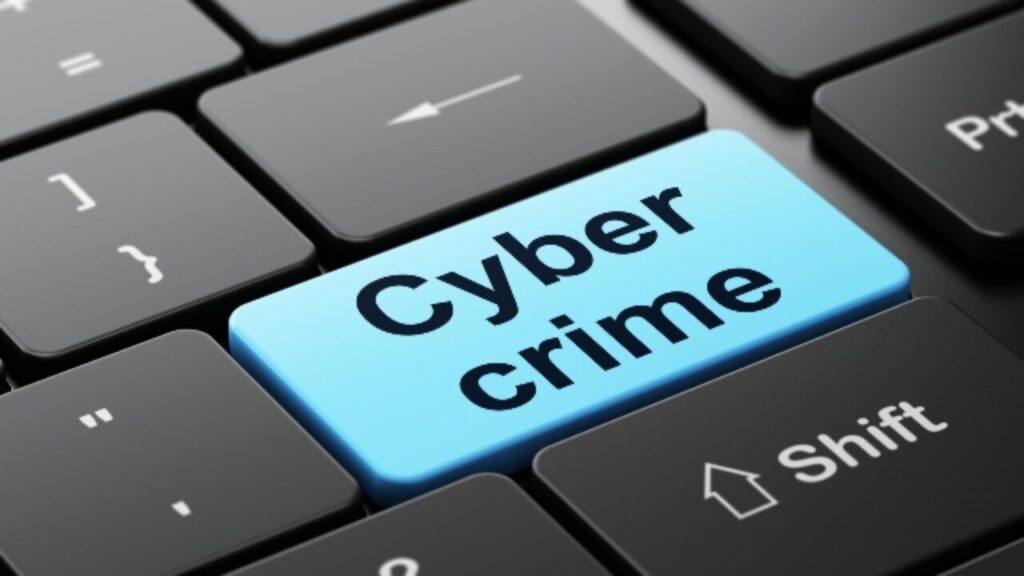More than ever before, the need to adequately secure Nigeria’s cyberspace from breaches has become a topic in Nigeria, considering how the last presidential election went down. There were several cyber attacks during elections.

Minister of Communications and Digital Economy, Professor Isa Pantami, says nearly 13 million attacks originating within and outside Nigeria were recorded during the presidential election of February 25.
According to Pantami, no fewer than 1,550,000 threats to public websites and portals were recorded daily, adding that the figures skyrocketed to 6,997,277 on presidential election day.
A statement endorsed by the spokesperson of the minister, Uwa Sulaiman, noted that during this period, a series of hacking attempts were recorded.
Also there were Distributed Denial of Service (DDoS), email and IPS attacks, SSH Login Attempts, Brute force Injection attempts, Path Traversal, Detection Evasion, and Forceful Browsing.
DDoS attack occurs when multiple systems flood the bandwidth or resources of a targeted system, usually one or more web servers.
A DDoS attack uses more than one unique IP address or machine, often from thousands of hosts infected with malware.
Monitoring Nigeria’s Cyberspace
According to the statement, the minister had directed the parastatals to enhance their 24/7 monitoring of the networks and traffic for potential attacks from February 24-27.
On February 24, 2023, Pantami inaugurated the Ministerial Standing Committee on Advisory Role for the Protection of Nigerian Cyberspace and ICT Infrastructure.
The committee was chaired by the Board Chairman of NCC, Prof Adeolu Akande, and with the CEOs of NCC, Professor Garba Dambatta, National Information Technology Development Agency (NITDA), and Galaxy Backbone (GBB) as members.
Functions Of The Committee
The Committee will monitor telecom infrastructure for the conduct of credible, free, fair, and transparent elections.
Also, they will develop and implement plans to enhance the resilience of critical digital infrastructure against cyber threat.
Furthermore, they will design procedures and use technologies to prevent, detect, and respond to cyber-attacks
The will also develop the ability to recover from any damage that is done quickly.
The committee was further charged to develop a comprehensive risk assessment, analyse the nation’s current cybersecurity capabilities, and identify gaps that need to be addressed.
Also, they are to provide professional advice to the government on the effective utilisation of digital technologies in the conduct of the 2023 general election.
“As part of its mandate, the Federal Ministry of Communications and Digital Economy is expected to ensure adequate protection of Nigeria’s cyberspace to a level that citizens will have confidence in digital services.
“This mandate aligns with the goals and objectives of the National Digital Economy Policy and Strategy for a Digital Nigeria (NDEPS).’’
In 2023 we expect an increase in the number of supply chain attacks via telecom providers, which usually offer additional managed services,” the company said.
On more reoccurring targeted attacks by state-sponsored actors, Kaspersky Lab, said it has provided MDR since 2016. “During this time, we have observed targeted attacks (TA) across various industries – from automotive to government.
